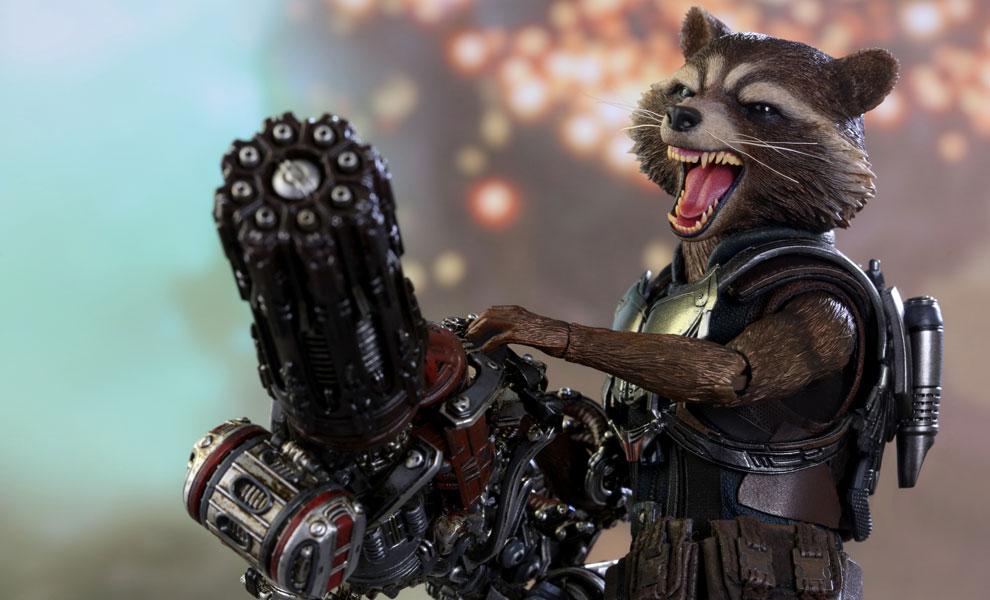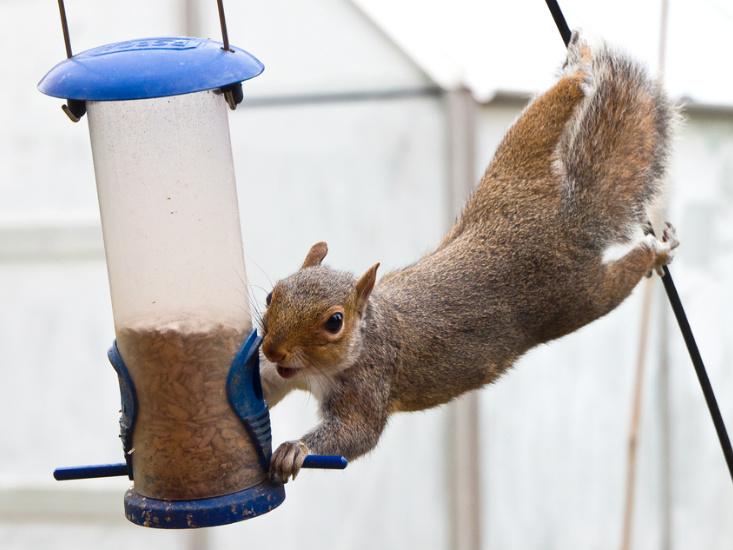I’ve included more background below, but the TL;DR is that you’re a lone immortal who’s decided to breed some species of animal to a human-level intelligence (over the course of hundreds of thousands or millions of years). Which animal do you start with?
Qualities that make an animal a good choice:
- Should be found in Northern California (for plot reasons). Wild dogs would probably have survived humanity disappearing, but any great apes in zoos or labs will have died. If absolutely necessary, you can loosen this requirement, but you will have to explain how you transport a breeding population to Northern California on your own, and I would much prefer to stay close to the action.
- Easy to control the mating habits of, so that you can select good traits.
- Easy to keep fed.
- Minimal oversight required. You’re only one person, and you’re probably going to need to keep a population of at least a few thousand
- Fairly smart starting point. It’s probably going to be easier to breed a horse to a human level of intelligence than a cockroach.
Feel free to add to or challenge some of these qualities if you believe there’s a compelling reason. The primary metric is the feasibility of breeding it to a human level of intelligence in as short a time as possible.
Edit: my definition of "intelligence" is capable of building a huge number of supercomputers and programming them.
It’s been nearly a year since all the humans on the planet mysteriously disappeared, leaving you alone in a decaying landscape. You are the only human left on earth, and you are immortal. There are a handful of tantalising clues scattered about labs in the San Francisco Bay Area. What few you can decipher point toward a massive puzzle too big to tackle on your own. You need other minds working on the problem, and the only way to get them is to make them: with biology. Knowing full well that it might take millions of years, you set out to selectively breed a new species to intelligence.
You don’t need to eat or drink, although you do feel hungry and thirsty. You do need to sleep for at least a few hours each night. Psychologically you’re fine, and even if you’re a bit lonely, you’re not going to go insane. Your memories do fade, but not past the point of a memory from five years ago or so. You can be wounded, but your wounds heal almost instantly. If a limb is severed, it dissolves and re-forms. No diseases can affect you, and physically you’re a 25 year old in peak health. You’re smart and well educated, but you aren’t a true genius. Even if you want to, you cannot die.
Inspired by this fantastic answer: https://worldbuilding.stackexchange.com/a/15540/13378. There are a few other questions that ask about breeding animals to intelligence, but they are not framed in terms of the individual, nor do they ask about best choice of creature.


